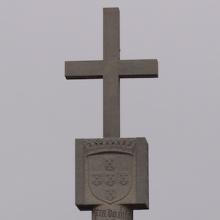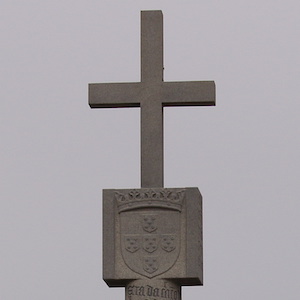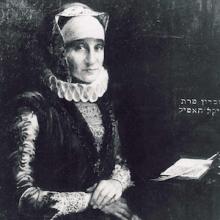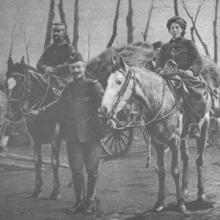Early Modern (1450 CE - 1800 CE)

Iceland Saga Map
Ultimately, the purpose of this map is to encourage and aid new readings of the sagas.
Kilwa Map Illustration
This illustration shows the trading city state of Kilwa or Kilwa Kiswani on an island off the Swahili Coast in East Africa (modern Tanzania), which flourished between the 12th and 15th century.

Latin American & Caribbean Digital Primary Resources
As a whole, the database serves the important goal of improving the accessibility of online libraries and archives. It provides a jumping off point for research into a variety of topics within Latin American history, and as it expands, its value will only increase
Short Teaching Module: Christianity and Slavery in the Kingdom of Kongo, 1480s-1520s
Portuguese missionaries brought Christianity to West Africa in the late fifteenth century. They had their greatest success at conversion in the Kingdom of the Kongo, a powerful state that was never conquered in the early modern period.

Crucifix (Nkangi Kiditu)
This 17th-century brass Kongolese crucifix was based on European models, but transformed by the local artisan who made it. In the center is Jesus, but with large hands, flattened feet, and African facial features, including protruding eyes that convey spiritual connection.
Excerpt of letter from Nzinga Mbemba to Portuguese King João III
In 1526, the king of the Kongo, Nzinga Mbemba (who by this time had adopted the Christian name of Afonso I) began writing a series of twenty-four letters to the Portuguese King Joao III appealing for an end to the slave trade.

Padrão
In the 1480s, the Portuguese brought pillars (or padraos) with them in their explorations of western and southwestern Africa and placed them at prominent points, claiming these for Portugal. This is a replica of one of them, from what is now called Cape Cross, in Namibia.

Syllabus: Women and Gender in World History, 600-2000
The syllabus below lays out a 15-week course, beginning in the 6th century and continuing through the 20th century. It provides suggestions for how to use units and their various parts with your students, as some of the materials are student-facing, and others are instructor-facing.

Freedom Narratives
Altogether, this free online website is an important resource for students and teachers who desire to understand biographical accounts and experiences of people from West Africa who fought to regain their freedom.
Primer: Imperialism
World history courses often feature the rise and fall of various empires, but often little attention is paid to the concept of empire itself.